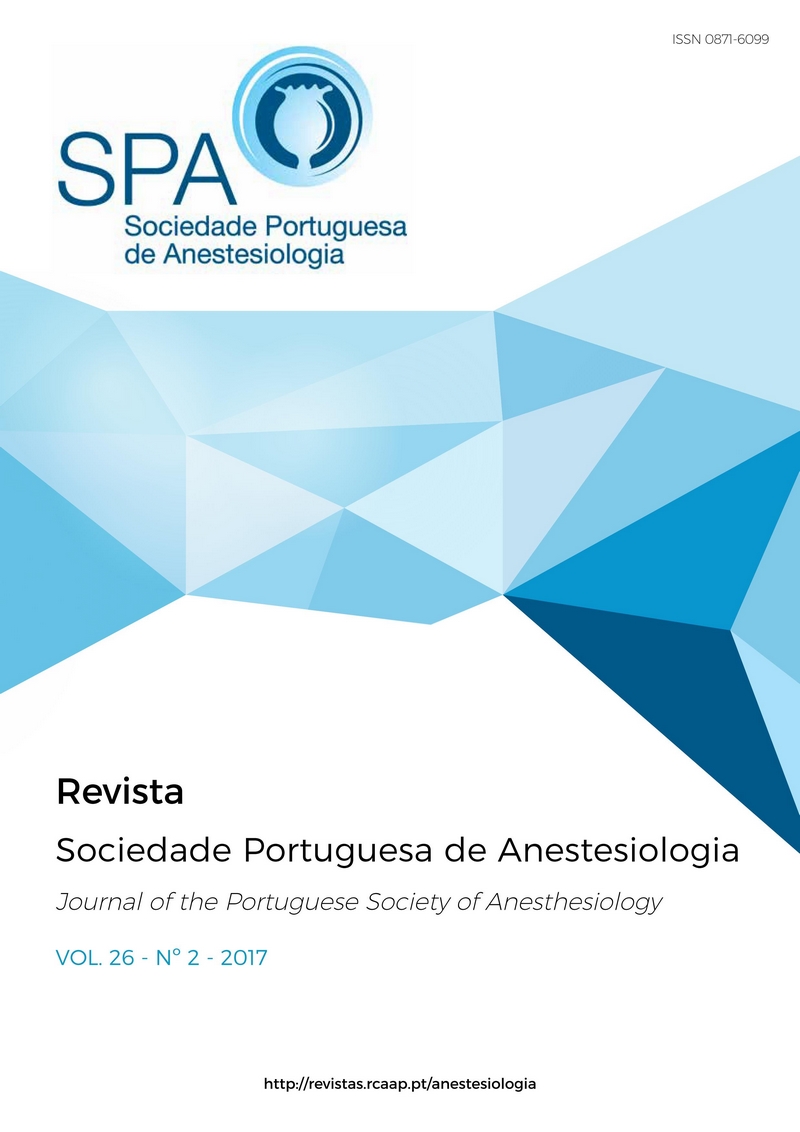Successful spinal anaesthesia in Hunter syndrome – a case report
DOI:
https://doi.org/10.25751/rspa.9579Keywords:
anaesthesia, spinal, mucopolysaccharidosis IIAbstract
Hunter syndrome is a rare multiorgan disease associated to high perioperative morbidity and mortality and high incidence of difficult airway, but little has been published about the success of neuraxial blockade. We describe the case of a patient submitted to surgery under successful subarachnoid block. A 17 years old male with Hunter syndrome, admitted for inferior limb surgery, has central nervous system involvement with narrowing of the cervical spinal canal, and a known difficult airway. We performed a spinal anaesthesia, successful at first attempt. Literature about anaesthetic management of Hunter syndrome patients focuses mainly on difficult airway, also with descriptions of failed spinal blocks. There is only one recently published report of successful spinal block. Our patient was operated 3 times under spinal anaesthesia despite central nervous system involvement, suggesting that, contrary to the previously documented cases, it is a valid alternative for Hunter syndrome patients.
Downloads
Published
How to Cite
Issue
Section
License
Articles are freely available to be read, downloaded and shared from the time of publication.
The RSPA reserves the right to commercialize the article as an integral part of the journal (in the preparation of reprints, for example). The author should accompany the submission letter with a declaration of copyright transfer for commercial purposes.
Articles are published under the terms of the Creative Commons Attribution Non-Commercial License (CC BY-NC).
After publication in RSPA, authors are allowed to make their articles available in repositories of their home institutions, as long as they always mention where they were published.


